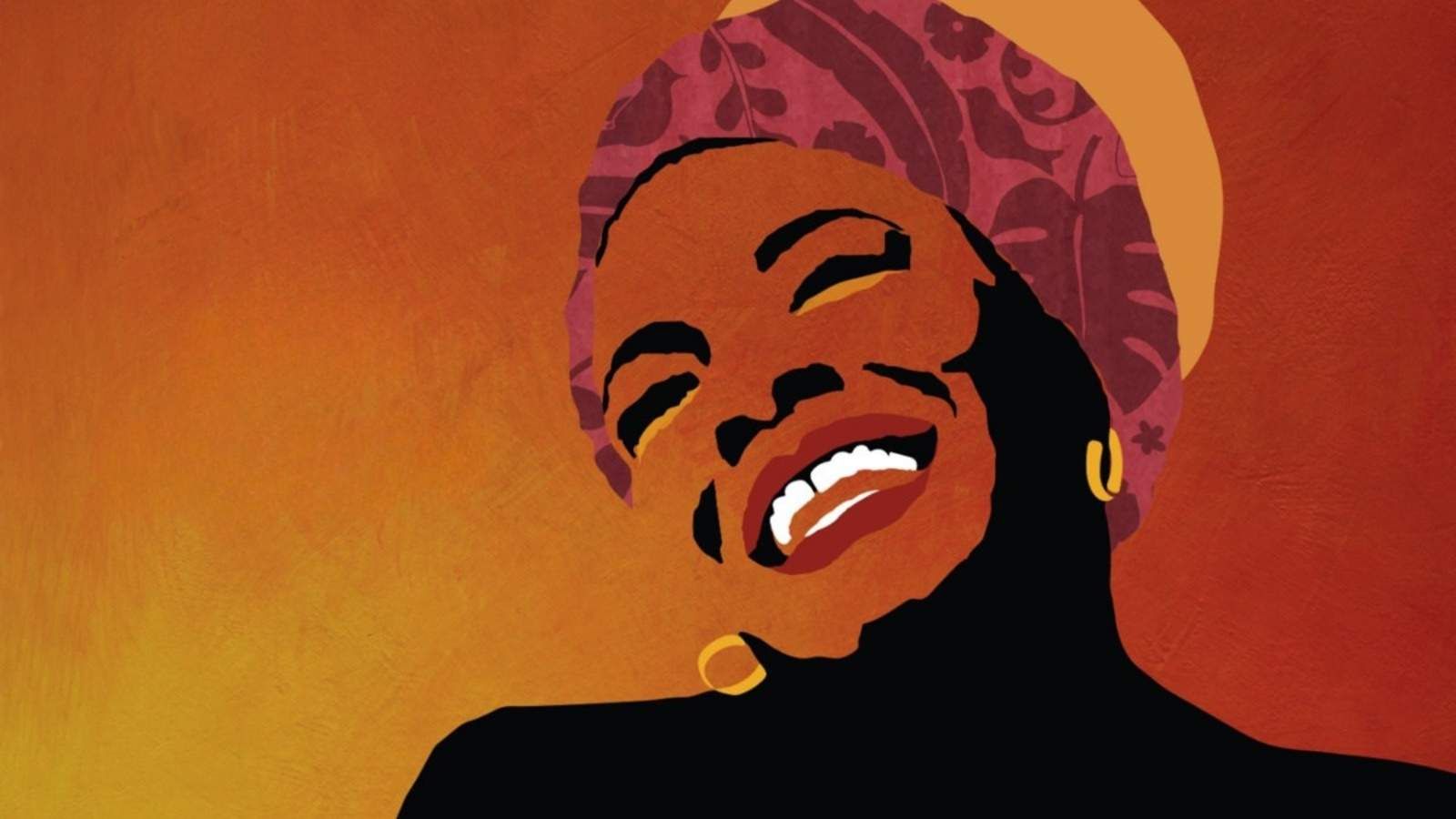What Is Dating App Burnout?
Yes, dating app burnout is absolutely real. Dating app burnout refers to the emotional and mental exhaustion that comes from using dating platforms like Tinder, Bumble, and Hinge. It's characterized by feelings of fatigue, frustration, and disillusionment with the digital dating process.
The statistics are staggering: a recent survey reveals that 79% of Gen Z feels 'burnt out' from dating apps. Licensed clinical psychologist Yasmine Saad reports that 3 out of every 4 people she works with use dating apps, and between 80-90% have expressed feeling similar fatigue or burnout at some point.
Dating app burnout manifests through constant swiping fatigue, emotional exhaustion from ghosting and catfishing, decision paralysis from too many options, and a growing sense that genuine connections are impossible to find in the digital dating world.
Signs You're Experiencing Dating App Burnout
Dating app burnout doesn't happen overnight. It builds gradually as the excitement of matching turns into a draining routine. Here are the key signs that you might be experiencing dating app fatigue:
- Swiping feels like a chore: What once felt exciting now feels like endless, mindless work
- Decision fatigue: You feel overwhelmed by the number of profiles and can't decide who to match with
- Emotional exhaustion: Ghosting, unmatching, and failed connections leave you feeling drained
- Cynicism about dating: You've started believing real connections are impossible to find online
- Time displacement: You've replaced reading before bed or other hobbies with mindless swiping
- Anxiety and stress: You worry about being catfished, ghosted, or wasting your time
If you recognize three or more of these signs, you're likely experiencing dating app burnout and might benefit from a break or a new approach to digital dating.
The Evolution of Dating Apps: From Excitement to Exhaustion
I remember when the first dating apps appeared, and everyone around me started downloading Tinder frantically. People enjoyed this so much; it was like going on a shopping spree. Considering that I already had a demanding career in marketing, where my phone was (still is) the extension of my hand, and in combination with a long-term relationship, creating an extra problem for myself wasn't on the menu.
However, in marketing, I would be first on the trends, and I had to check what it was all about. And I downloaded it as well. In the beginning, I was impressed, like when we were kids and got a new toy. I set up my clumsy profile and got into work. Swipe left, swipe right… It was fun in the beginning, but as I said, I had a relationship waiting for me, and I wouldn't spend either my time or anyone else's time on something without a future.

Tinder and other dating apps felt exciting because they revolutionized romance as we knew it and offered a seemingly endless pool of potential partners at our fingertips. However, dating apps were introduced to the public much earlier than we all think; it's the social media rush that made them so popular.
Indicatively, the first dating app was the St. James Computer Dating Service, which launched in 1964. It was the first computerized dating service and was later renamed Com-Pat. Since the early 2000s, dating apps have been mushrooming up until today, where dating app usage has increased, with 349 million users worldwide in 2023.
For a millennial like me, the effect of such apps wasn't that intense, so I didn't feel it was a significant part of my love life, but for Gen Z, the generation that grew up with these platforms, the reality is far from a fairytale.
What Causes Dating App Burnout? The Reality Behind the Fatigue
So, the question is: what is causing such fatigue, given that those apps are mainly for pleasure and fun? The reality is a bit more complex than we think. Dating app burnout is a mix of factors, from the superficial nature of swiping to the emotional toll of ghosting and catfishing.
1. The Paradox of Too Much Choice
Dating apps show users an overwhelming number of profiles, often leading to a sense of decision fatigue. Should I swipe left or right? Is this person worth the swipe or not? This constant swiping and decision-making can feel more like a chore than a fun way to meet people.
As a result, users end up feeling dissatisfied, even if they do manage to find a match. And it makes sense. According to the paradox of choice, a concept introduced by psychologist Barry Schwartz, the more options we have, the less satisfied we feel about our decisions.
Also, apart from the decision-making process, we invest so much of our free time to those apps. We have replaced the 'read 10 pages of a book to fall asleep' with 'match with five people and go to sleep,' which is fun to think about but exhausting in practice. Not to mention how often I've noticed people in bars instead of talking to each other to try and find people to match online.
2. Ghosting and the Emotional Minefield
Dating apps can be an emotional minefield. The thrill of a potential connection can quickly turn into disappointment when messages go unanswered or dates fall flat. Ghosting, a common phenomenon in the app world, can leave us feeling rejected and confused.
It happens all the time, especially in the era when nobody takes accountability for anything. Imagine being excited to have matched with someone somehow interesting; you chat for a couple of days, and then… nothing. No response, no excuse, nothing.
Ghosting is never pleasant, even in real life, but in digital life, it occurs more often, and it can be extremely disappointing. Not to mention the fear of being catfished—tricked into a relationship with someone pretending to be someone else—that adds another layer of anxiety.
Dating apps and the digital world in general can be shady. We all remember what happened with the woman who was catfished thinking that she was 'dating' Brad Pitt, and she gave them a respectable amount of money. How can this not be a source of severe stress? In an app where everyone can pretend to be whoever they want, it's extremely easy to fall into the trap.
3. Superficiality Over Substance
And talking about catfishing… in a world of curated profiles and filtered photos, it can be challenging to find genuine connections. Many Gen Zers feel that dating apps prioritize superficiality over substance, making it difficult to find someone who shares their values and interests.
Social media and the digital world have changed how people interact with each other. Sometimes for the best, sometimes for the worst. However, among all the positive changes that the digital revolution has brought, sometimes we lack authenticity.
And even if a lot of people are genuine, the fear of missing out makes them succumb to the temptation of being one of the masses. This creates a considerable distance among people since they can't find what they are looking for because it is not there.
How to Cope with Dating App Burnout
If you're experiencing dating app fatigue, you're not alone—and there are practical ways to address it. Here's how to cope with dating app burnout in 2025:
Take a Break from Dating Apps
The most effective way to recover from dating app burnout is to simply take a break. Delete the apps from your phone for a few weeks or months. Give yourself permission to step away from the digital dating world and focus on other aspects of your life. You'll be surprised how much mental space opens up when you're not constantly swiping.
Set Boundaries and Limits
If you're not ready to quit entirely, set clear boundaries. Limit your swiping time to 15-20 minutes per day. Turn off push notifications. Only check the apps at specific times rather than compulsively throughout the day. Treat dating apps like any other tool—use them intentionally, not mindlessly.
Return to Traditional Dating Methods
Dating apps have become a valuable tool to bring people together and can help meet new people, which is amazing, and it's great to have a tool that allows you to socialize, especially when work consumes a considerable amount of your life. However, it's not the only solution to finding love, sex, or company.
Traditional methods are still alive—yes, I can confirm—and sometimes it's better to get out of the digital world and make connections with others. When you are out and about, leaving the phone in your purse and looking around for interesting people could do wonders for your mental health.
Focus on Quality Over Quantity
Instead of swiping on hundreds of profiles, be more selective. Take time to read profiles thoroughly. Only swipe right on people you genuinely feel interested in. Have meaningful conversations rather than surface-level chat with dozens of matches. Quality connections are more fulfilling than a high match count.
Prioritize Your Mental Health
If dating apps are causing you anxiety, depression, or lowering your self-esteem, it's time to reassess. Your mental health is more important than finding a match. Consider talking to a therapist about dating app burnout if you're struggling to manage the emotional impact. Remember: you are enough, regardless of your match rate or dating app success.
We Answer Your Questions About Dating App Burnout
Is dating app burnout a real thing?
Yes, dating app burnout is absolutely real and increasingly common. Research shows that 79% of Gen Z feels burnt out from dating apps, and licensed clinical psychologists report that 80-90% of their clients who use dating apps have experienced similar fatigue or burnout at some point. It's a recognized phenomenon characterized by emotional exhaustion, decision fatigue, and disillusionment with digital dating.
What are the signs of dating app fatigue?
Signs of dating app fatigue include: swiping feeling like a chore rather than fun, decision paralysis from too many options, emotional exhaustion from ghosting and failed connections, cynicism about finding real connections, displacing other activities with mindless swiping, and increased anxiety about being catfished or wasting time. If you experience three or more of these signs, you're likely experiencing dating app burnout.
Why do dating apps cause burnout?
Dating apps cause burnout through several mechanisms: decision fatigue from too many options (the paradox of choice), emotional toll from ghosting and catfishing, the superficial nature of profile-based matching, time displacement from other activities, constant rejection and disappointment, and the gap between curated profiles and real connections. The combination of these factors creates mental and emotional exhaustion over time.
How do I recover from dating app burnout?

To recover from dating app burnout, take a complete break by deleting apps for several weeks or months. Set strict boundaries if you continue using them (15-20 minutes daily maximum). Return to traditional dating methods like meeting people through hobbies, social events, or friends. Focus on quality over quantity by being more selective with matches. Prioritize your mental health and consider therapy if the emotional impact is significant. Remember that dating apps are tools, not requirements for finding love.
What percentage of people experience dating app burnout?
Studies show that 79% of Gen Z feels burnt out from dating apps, according to recent surveys. Licensed clinical psychologist Yasmine Saad reports that among the 3 out of 4 people she works with who use dating apps, 80-90% have expressed feeling similar fatigue or burnout at some point. This means dating app burnout affects the vast majority of users, making it a widespread phenomenon rather than an isolated experience.
Can you find love without dating apps in 2025?
Absolutely! Traditional methods of meeting people are still alive and effective in 2025. You can find love through mutual friends, social events, hobby groups, professional networking, community activities, volunteering, classes or workshops, and simply being present in public spaces. Many people find that stepping away from dating apps and focusing on real-world connections leads to more meaningful relationships. The key is to put yourself in situations where you naturally meet people who share your interests and values.
The Bottom Line: Dating App Burnout Is Real—And You Can Overcome It
Dating app burnout is a real, widespread phenomenon affecting the majority of users, particularly Gen Z. The combination of decision fatigue, emotional exhaustion from ghosting, superficial connections, and time displacement creates a perfect storm for digital dating fatigue.
Inevitably, these constant changes of emotions can drain us, overwhelm us, and make us think that we are not enough, hence putting more pressure on the already existing pressure to 'match.'
But here's the good news: you have options. Take a break. Set boundaries. Return to traditional dating. Focus on quality over quantity. Prioritize your mental health. Dating apps are tools, not requirements for finding love.
Remember, you are enough—regardless of your swipe count, match rate, or dating app success. If the apps aren't serving you, it's okay to step away. Your perfect match might be out there in the real world, not behind a screen.
 THE WORKING GAL
THE WORKING GAL





